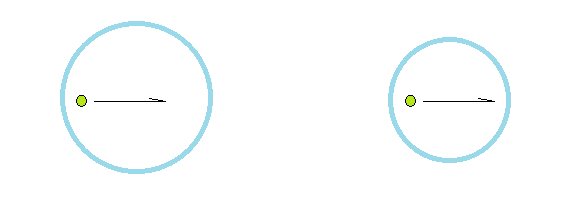According to general relativity, clocks slow down in the presence of massive bodies. This is known as time dilation due to gravity. The effect of gravity is in other words similar to the effect of high speeds. Both cause physical processes to slow down.
This is tested and confirmed with experiments, so we can't readily dismiss it. However, there's a puzzling aspect that needs an explanation. Mercury orbits the Sun faster than predicted by Newton.
Orbits are physical processes. Hence, a straight forward solution to the Mercury anomaly would be to have clocks go faster on Mercury than farther away from the Sun. This would make everything look correct for an observer on Mercury. But general relativity tells us that clocks on Mercury are moving slower than clocks on Earth due to Mercury's speed and proximity to the Sun. That's opposite of what a more straight forward explanation would suggest.
Time dilation isn't solving the Mercury anomaly. It's making things worse.
What solves the Mercury anomaly in general relativity is a gravity well that curves space and time around the Sun into a shape sufficiently steep to keep Mercury in place.
General relativity solves the Mercury anomaly and a range of other problems. But the price for this is a model where time is treated as a fourth dimension, and space is a thing that can be curved.
It seems to me that there must be a better solution. My physics predicts that particles of inertial matter become smaller in the presence of gravitational bodies. Physical processes on Mercury are therefore faster than on Earth.
 |
| Electron as clock on Earth and on Mercury |
This solves the anomaly. But it goes contrary to measurements that confirm time dilation due to gravity.
No comments:
Post a Comment